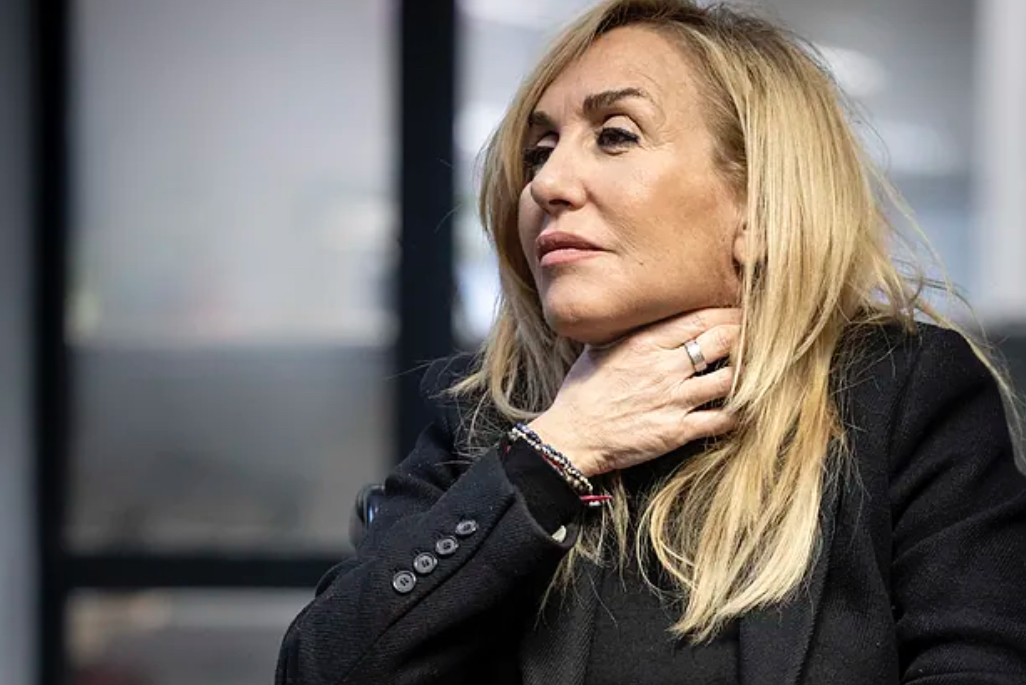Rabat– María Tato, the official responsible for organizing Spain’s bid for the 2030 FIFA World Cup, resigned on Wednesday following serious allegations of manipulating the selection criteria for host cities.
The controversy erupted after Spanish daily El Mundo published audio recordings in which Tato was heard discussing the alteration of scores in an Excel spreadsheet to favor San Sebastián’s Anoeta Stadium over the Balaídos Stadium in Vigo.
According to the audio, Tato and her team altered values in the spreadsheet, running tests repeatedly until they achieved the desired result. One of the excerpts from the recording reveals Tato saying, “Let’s enter values into Excel to see what we get. This is the first test of 800 we’ll run until we get the result right.”
Following the publication of these recordings, Tato submitted her resignation to Rafael Louzán, president of the Spanish Football Federation (RFEF), who accepted it.
The scandal centered around the accusation that Tato and her team manipulated the selection process to ensure that Anoeta Stadium in San Sebastián would host World Cup matches, while Vigo’s Balaídos Stadium was excluded from consideration.
No technical explanation was provided for the score changes, which sparked outrage, particularly in Vigo, where Mayor Abel Caballero and many locals voiced their anger.
Interestingly, sources close to the investigation revealed that although Louzán had fired Tato in December after hearing about the audio recordings, he chose to keep her in the role at that time.
In an exclusive interview with El Mundo after her resignation, Tato defended herself, claiming she was “a scapegoat” in a larger political storm. “I am the victim of a perfect storm, in which political interests and the revenge of the members of the World Cup Committee converge,” Tato said.
She admitted to having initially included Balaídos in the classification but later corrected the scores, citing “a mistake” in her interpretation of the criteria. “I simply corrected some errors in interpretation when applying the criteria, and I didn’t do it alone,” she explained.
The controversy erupted after Spanish daily El Mundo published audio recordings in which Tato was heard discussing the alteration of scores in an Excel spreadsheet to favor San Sebastián’s Anoeta Stadium over the Balaídos Stadium in Vigo.
According to the audio, Tato and her team altered values in the spreadsheet, running tests repeatedly until they achieved the desired result. One of the excerpts from the recording reveals Tato saying, “Let’s enter values into Excel to see what we get. This is the first test of 800 we’ll run until we get the result right.”
Following the publication of these recordings, Tato submitted her resignation to Rafael Louzán, president of the Spanish Football Federation (RFEF), who accepted it.
The scandal centered around the accusation that Tato and her team manipulated the selection process to ensure that Anoeta Stadium in San Sebastián would host World Cup matches, while Vigo’s Balaídos Stadium was excluded from consideration.
No technical explanation was provided for the score changes, which sparked outrage, particularly in Vigo, where Mayor Abel Caballero and many locals voiced their anger.
Interestingly, sources close to the investigation revealed that although Louzán had fired Tato in December after hearing about the audio recordings, he chose to keep her in the role at that time.
In an exclusive interview with El Mundo after her resignation, Tato defended herself, claiming she was “a scapegoat” in a larger political storm. “I am the victim of a perfect storm, in which political interests and the revenge of the members of the World Cup Committee converge,” Tato said.
She admitted to having initially included Balaídos in the classification but later corrected the scores, citing “a mistake” in her interpretation of the criteria. “I simply corrected some errors in interpretation when applying the criteria, and I didn’t do it alone,” she explained.

